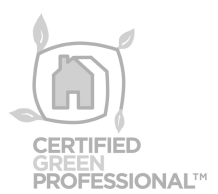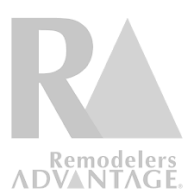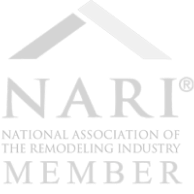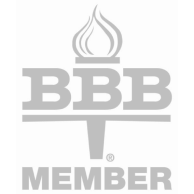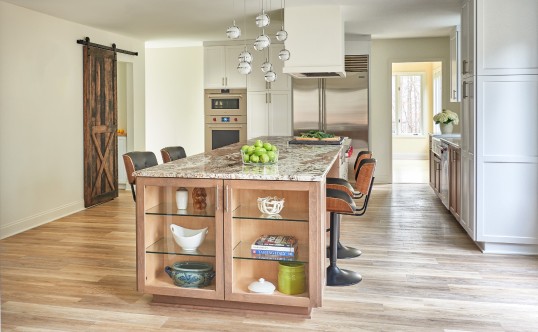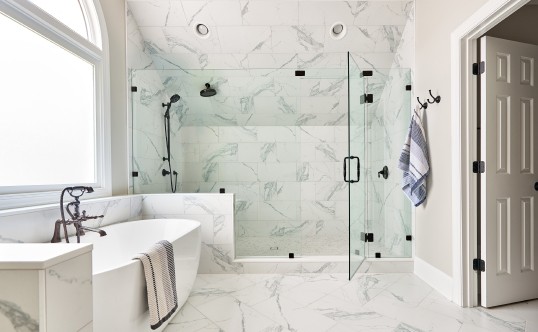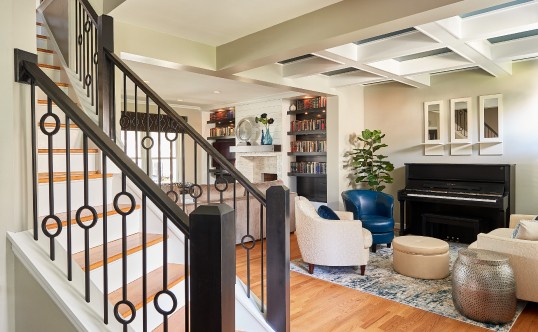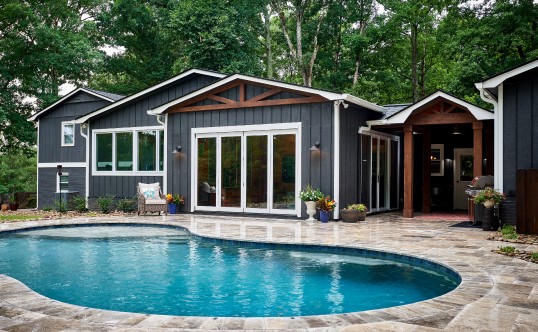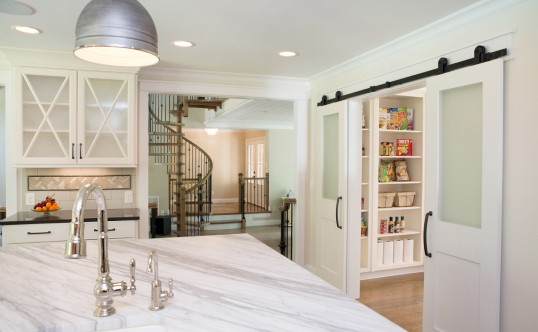FAQs
When do I need a permit?
Always check with your local code enforcement agency, but in general, a building permit is required for any construction, installation, repair, or alteration exceeding $5,000. Also, any alteration, addition, or change in a load-bearing member or electrical/plumbing/mechanical system requires a permit.
Who should I contact for my remodeling project?
There are several approaches to beginning the remodeling process, each with their own advantages and disadvantages. The 4 main types of remodeling professionals are the general contractor, the architect, the designer, and the design/build contractor.
If your project does not require design services, the general contractor could be the right solution because of their knowledge and expertise to execute most remodeling projects.
If you have a larger, more complex project that requires professional plans for permitting, an architect might be the right place to start. They have the formal education and licensing credentials needed for professionally engineered plans required for building permits, however, architects may not be willing to accept smaller projects.
The designer may be best suited for a “specialty” project like a kitchen or bathroom and could develop a professional design you can then present to a licensed contractor to do the work.
If you prefer a more hands-off approach, the design/build contractor can generally handle everything from start to finish, including design, budgeting/pricing, and construction. This benefits the homeowner by hiring one professional to perform all the tasks associated with a remodeling project.
Which contractor should I choose and why are their prices all different?
Choosing the right contractor comes down to experience, reputation, company structure, and personality. There are many different contractors to choose from, all with different attributes that could positively or negatively affect the outcome of a project. No matter who you choose, always check a contractor’s credentials through license and insurance certificates, references, and third-party consumer affair agencies like the BBB.
Ask about a contractor’s structure and process. Do they have their own employees, or do they hire all subcontractors? This is a major factor directly impacting the quality, service, and price of a particular project. A remodeler with all subcontractors may bring the price down, but also increases the risk of compromising the overall quality and consistency of the work and reliability of those performing the work.
Also, one of the more underrated factors in hiring a remodeling professional is personality. Is this someone who makes you feel comfortable, with whom you can effectively communicate and trust? Remodeling is very personal, so trust and communication are key.
Finally, if you get three different quotes from three different contractors, make sure you’re comparing the same scope of work, with details of the project clearly stated in writing. Don’t be the homeowner who goes with the lowest bidder and then gets hit with an avalanche of additional expenses that should have been included from the beginning.
What do I need to do to prepare for my remodeling project?
Remodeling can be a messy process, so it is a good idea to remove as many belongings as possible from the work area. This includes furniture, electronics, photos, art, rugs, and the contents of cabinets or closets. Cover anything that cannot be moved with plastic or canvas drop-cloths. Our team will take steps to protect anything that is left, but it is best to leave the space as empty as possible, both to protect your belongings and to increase the available work area. Before the project begins, we will coordinate with you to create a timeline that minimizes disruptions to your schedule and family life.
Do I need to have design ideas before I start the remodeling process?
It is not necessary. Our talented designers can work with you to create a design you will love, fleshing out any concepts or ideas you may already have. You can also visit our portfolio page to gain inspiration from our past projects. We will bring the design to life with a full 3D rendering so that you can be confident in your choices.
What type of return on investment can I expect (after selling) from remodeling parts of my home?
Though most remodeling projects will not earn a profit, they can increase the final selling price and minimize the time your home remains on the market. Here are some examples of the typical return on investment (ROI) for select projects, according to Remodeling Magazine:
- Minor kitchen remodel – 80% ROI
- Major kitchen remodel – 59% to 62% ROI
- Master suite addition – 50% to 59% ROI
- Bathroom remodel – 60% to 67% ROI
- Bathroom addition – 50% to 58% ROI
- Deck addition – 70% to 75% ROI
- Patio installation – 55% ROI
Typically, high-end or popular features will increase the return. In kitchens and bathrooms, smaller projects can actually earn higher returns. Large projects make sense if you are not selling right away and will be there to enjoy them.
How do you keep dirt and dust out of other parts of my home?
During the remodeling process, we will seal HVAC registers and cover doorways between the work area and the rest of the home with plastic. We will use exhaust fans to draw out dust, and we will clean and sweep the work area often to minimize dust accumulation.





